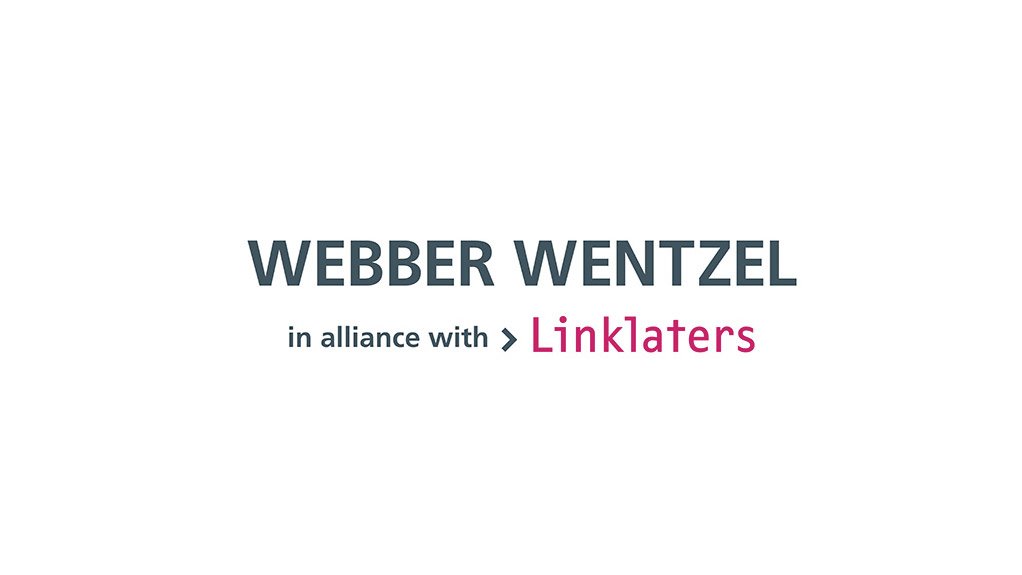Business and Human Rights (BHR) is on the rise in Africa, prompting companies to navigate an increasingly complex landscape. Webber Wentzel experts, Pooja Dela and Paula-Ann Novotny take a retrospective look at the practical experiences gained over the past year and the emerging trends shaping the landscape of BHR across the African continent.
Diverse Practical Experiences
At the start of 2023, Webber Wentzel carried out extensive human rights due diligence on behalf of a mining company in the Democratic Republic of the Congo (DRC), as guided by the recommendations of the United Nations Guiding Principles of Business and Human Rights (UNGPs) and provided the framework and implementation plan for conducting ongoing human rights due diligence at its operations. Webber Wentzel further guided clients in the mining and infrastructure sectors with a review of their key policies from a human rights perspective (such as grievance mechanisms, security management procedures and stakeholder engagement plans); and advised a multinational telecommunications company with a global presence on the adequacy and effectiveness of its BHR governance framework. The firm also produced a dedicated legal opinion for a refiner on evolving duties of care in the BHR landscape and how risks of human rights violations can be attributable to different business relationships.
As the team navigated through various instructions, one prominent theme emerged – the multifaceted approach clients are adopting to examine human rights in business practices, and the need to adjust and align corporate practices to BHR methodology. This involves adapting traditional corporate risk and impact assessment frameworks to adopt a lens of 'risk to people' as opposed to 'risk to business', benchmarking potential adverse impacts against the likely severity of their consequences, instead of the probability of their outcome.
A noticeable shift has occurred in how global stakeholders perceive corporate duties of care, especially concerning human rights and the UNGP construct of 'influence' or 'leverage' within the corporate value chain. International financiers, for example, are imposing contractual undertakings for ongoing human rights due diligence, particularly in high-risk African jurisdictions; and UN rapporteurs are reporting on the devastating impacts of intersecting human rights violations across socio-economic, environmental and governmental lines. This signifies a recognition that respecting human rights is not just a moral obligation, but a crucial element for sustainable and responsible business practices.
Positive developments are unfolding as African countries incorporate the UNGPs into their legislative frameworks. Kenya stands out, leading with the development of a national action plan to integrate the UNGPs into its domestic legislative framework. Other nations such as Uganda, Ghana, Mozambique, Nigeria, and Senegal are either developing or conducting national baseline assessments, setting the stage for increased policy and regulatory focus.
On the global stage, litigation proceedings in the UK related to the certification of responsibly sourced minerals (see the London Bullion Market Association case) have highlighted the need for companies to address human rights risks throughout their value chains. The tech industry, particularly in the telecommunications space, is grappling with increasingly complex challenges concerning privacy rights, disinformation, and the intersection of human rights with rapidly advancing technology. Climate change and its links to human rights are framing international discourse. Finally, international legislative requirements and developments are bringing into sharp focus States' regulatory intentions around BHR, bringing additional considerations on extraterritorial legislation to African corporates' compliance agendas.
A pivotal moment in 2023 was Webber Wentzel becoming the first Africa-based law firm to join the Business and Human Rights Lawyers Association (BHRLA). This underscores the team's commitment to global expectations and developments and positions them at the forefront of important developments in the BHR legal landscape.
Key Takeaways for Businesses
- Corporate, operational and profit-stimulating imperatives are not incongruent with the responsibility to respect human rights, and are, in fact, inextricably intertwined.
- Context-specific nuances and regional considerations are crucial in understanding BHR responsibilities and practices.
- Lawyers play a central role in advising corporates on navigating the complexities of BHR principles and requirements (both legal and quasi-legal).
- Corporate duty of care obligations are evolving across the world.
A wave of awareness has washed over the continent, leading to concrete actions and the emergence of complex challenges, but also significant opportunities. Businesses are actively integrating human rights into their decision-making structures, conducting HRDD, embedding BHR governance frameworks, and partnering with responsible financiers and suppliers.
In the globalised and ever-evolving business landscape, companies that remain aware of key BHR trends, risks and challenges, and take proactive measures to adjust, will be the ones that remain resilient and reap long-term, shared value. The time is now for African companies to understand the import and application of BHR in their operations, business relationships and value chains, not only to prevent significant risks from eventuating but also to embrace opportunities for the continent and its people and positively exert their influence.
The UNGPs, regional developments surrounding the proposed international BHR treaty, and the impending implementation of mandatory due diligence regulations—all of which are anticipated to take shape in 2024—make for an exciting future. These and other key BHR topics will be explored by the Webber Wentzel team in their BHR Information Series to be published throughout the year.
Listen to Webber Wentzel's Podcast: ESG: Business and Human Rights - A year in review and what to look out for in 2024 as Dela and Novotny explore insights and practical tips on navigating the BHR landscape in 2024.
EMAIL THIS ARTICLE SAVE THIS ARTICLE ARTICLE ENQUIRY
To subscribe email subscriptions@creamermedia.co.za or click here
To advertise email advertising@creamermedia.co.za or click here











